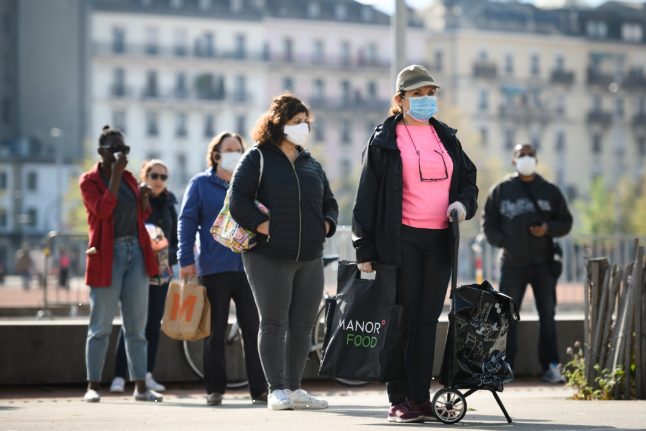The death toll in Vaud is now approaching 300, with 291, while there have been 277 fatalities in Ticino since the outbreak began.
In total, 1367 people have lost their lives due to the virus in Switzerland, with all but two cantons recording at least one fatality.
Geneva, with 187 deaths, has also been heavily hit by the virus.
On Saturday, the infected count in Switzerland crossed the 27,000 mark. Vaud has 4,880 confirmed infections from the virus, while the number in Geneva is 4,660, making it the canton with the most confirmed infections on a per capita basis.
Ticino has 3,000 confirmed infections, although as reported by The Local Switzerland on Thursday, the real number is likely to be much higher due to a comparative lack of testing in the canton.
What is the real count of coronavirus infections in Switzerland?
Zurich, Switzerland’s most populous canton, has 3,200 infections – with 97 fatalities.
The rate of infection and death has been much lower in the German-speaking parts of Switzerland than the rest of the country.
Coronavirus in Switzerland: Why have the French and Italian-speaking regions been so hard hit?
Although there has been a slight increase in the number of infected in recent days, Saturday marks a week where lower than 300 infections were recorded each day – a sign that the country’s social distancing measures have been effective.



 Please whitelist us to continue reading.
Please whitelist us to continue reading.
Member comments